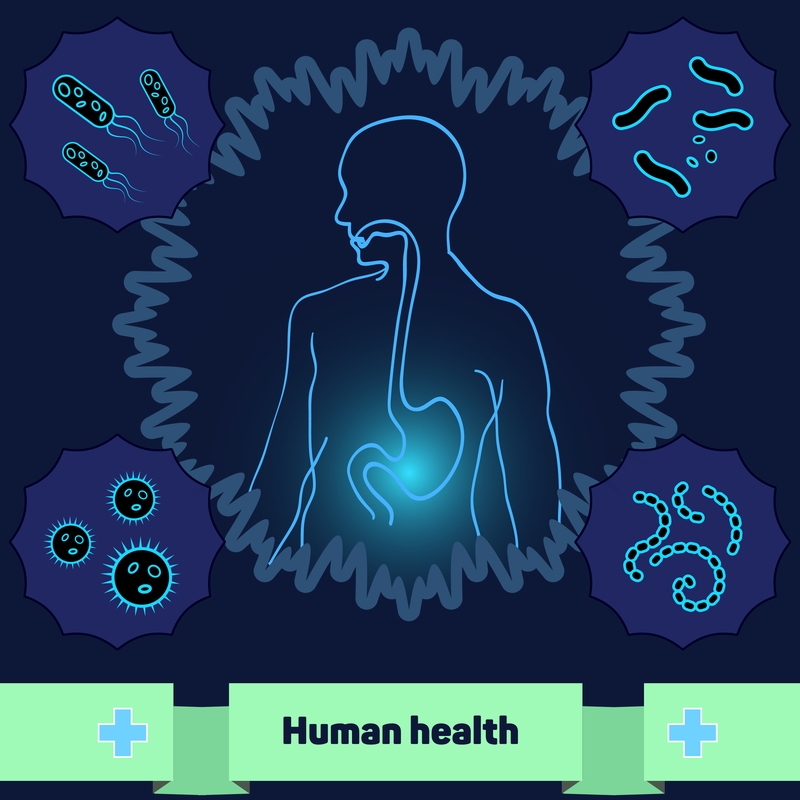
Irritable bowel syndrome (IBS) is a disorder in which abdominal pain is associated with a range of symptoms. Typically, these include intermittent abdominal pain accompanied by diarrhea, constipation, or alternating episodes of both. Other symptoms may also be present.
- IBS affects between 25 and 45 million people in the United States. About 2 in 3 IBS sufferers are female. About 1 in 3 IBS sufferers are male. IBS affects people of all ages, even children.
- Worldwide it’s estimated that 10-15% of the population has IBS.
- Most persons with IBS are under the age of 50. But many older adults suffer as well.
- The impact of IBS can range from mild inconvenience to severe debilitation. It can control many aspects of a person’s emotional, social and professional life. Persons with moderate to severe IBS must struggle with symptoms that often impair their physical, emotional, economic, educational and social well-being.
- IBS is unpredictable. Symptoms vary and are sometimes contradictory. Diarrhea can alternate with constipation. Long-term symptoms can disrupt personal and professional activities, and limit individual potential.
Gut Bacteria and IBS
Gut Bacteria and IBS
Last Updated: 01 June 2017
Bacteria are present in the normal gut (intestines), especially in the lower parts of the intestine. They achieve concentrations of several billion in the colon (large intestine/bowel).
These “normal” bacteria have important functions in life, including:
- Protecting against infection by disease-causing bacteria
- Helping the immune system of the gut to develop
- Producing a variety of substances that have an important nutritional value
- Together, the normal intestinal bacteria are often referred to as the gut flora (or microbiota). A number of factors may disturb the mutually beneficial relationship between the flora and the body. When this happens, bacteria that can cause disease may take hold.
What is the Role of Gut Microbiota?

There are many exciting developments and discoveries being made about the connection between our gut (digestive system) and our brain and how it affects our health, as well as the role microbes play in this connection.
It is important to know that functional GI disorders, like IBS, are not psychological diseases; but we also have to realize that the brain plays an important role. The brain communicates constantly with the microorganisms inside each of us.
These microbes have a cooperative relationship with us, not only playing a role in digestion, but also interacting and communicating with our own cells, with our gut and our brain. Gut microbes may provide a link to helping maintain a balance between the brain and the gut.
https://www.aboutibs.org/gut-bacteria-and-ibs.html
At the Total health center I have helped hundreds of people recover from various gastrointestinal disorders including Irritable Bowel Syndrome. Many of my patients has suffered for years with little to no help from their conventional doctors and gastroenterologist. Their previous doctors couldn’t find the cause of the illness, so they were told to simply add more fiber to their diet or take Metamucil, or were prescribed sedatives, anti-spasm drugs, or antidepressants. This is not the answer because those treatments don’t address the underlying root cause. I have been successfully treating IBS and other digestive conditions using a Functional Medicine approach. This process helps identify and remove the underlying causes and restores normal digestive function and health.
In functional medicine the research shows that multiple factors can contribute to irritable bowel syndrome (IBS). Some factors that can contribute include food allergies and sensitivities, food additives, pesticides and other chemical additives, antibiotic use, intestinal bacteria imbalances and overgrowth, undetected parasites molds, funguses, yeast and other invaders. There can also be other contributing factors including poor digestive function, issues with stomach acid, gallbladder function, heavy metal toxicity just to name a few.

This is why we have to treat the person not the diagnosis. In medicine conventional doctors are taught to give the symptoms a name or diagnosis then treat the diagnosis. This is their main job to come up with a diagnosis. Since IBS can have so many root causes there can never be one treatment or drug to fix it. This basic flaw in convention care is why my patients have suffered for many years before finding me.
In a functional medicine approach we look at a comprehensive exam to include evaluation of more than just digestive function. We look at the whole body including a complete thyroid panel, immune panels, liver function, blood sugar and many other areas. This is important because the body is like a fine Swiss watch every moving part effects the other parts. The thyroid can impact stomach acid levels, blood sugar can impact the bacteria in the GI tract and immune panels can indicate food sensitivities.
Following this approach we have helped hundreds of people who could not previously be helped. If you suffer with IBS or any other chronic conditions don’t give up. There is new hope. Call the Total Health Center (757)363-8571 to learn more or visit www.totalhealthcentervb.com
